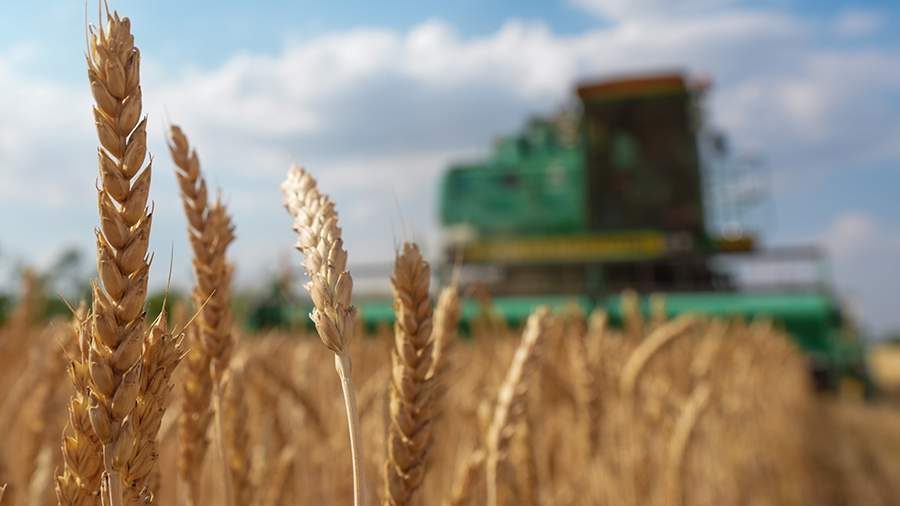Russia has officially announced that it will not renew the 2022 memorandum of understanding (MoU) signed with the United Nations regarding the export of Russian agricultural products and fertilizers. The agreement, set to expire on July 22, 2025, was aimed at facilitating Russia’s access to global markets for grain and fertilizers.
Deputy Foreign Minister Sergei Vershinin made the declaration on Saturday, following a final round of discussions with UN Secretary-General for Trade and Development Rebeca Grynspan in Geneva. The Russian Ministry of Foreign Affairs also issued a statement attributing the decision to increasing unilateral sanctions by Western nations—particularly those imposed by the European Union—which it claims have obstructed the full implementation of the deal.
The three-year MoU, signed on July 22, 2022, was meant to ensure the smooth flow of Russian agricultural exports. However, according to the Russian Foreign Ministry, none of the five key implementation tasks outlined in the agreement have been adequately met. Moscow argues that Western sanctions have effectively created a systematic blockade by restricting logistics, insurance, and payment systems essential for trade.
Vershinin criticized the West for what he described as deliberate obstruction, noting that the sanctions regime has prevented Russia from realizing the agreement’s objectives. He emphasized that despite efforts at diplomatic engagement, core aspects of the memorandum remain unfulfilled.
The announcement comes in the wake of Russia’s withdrawal from the Black Sea Grain Initiative in July 2023—a separate but related agreement signed in Istanbul in July 2022 that allowed Ukraine to export grain via Black Sea ports. That initiative was brokered jointly by the United Nations and Türkiye to address global food security amid the ongoing conflict between Russia and Ukraine.
The termination of these agreements signals heightened tensions and could have ripple effects on global agricultural markets, particularly for developing nations that rely heavily on grain and fertilizer imports.




